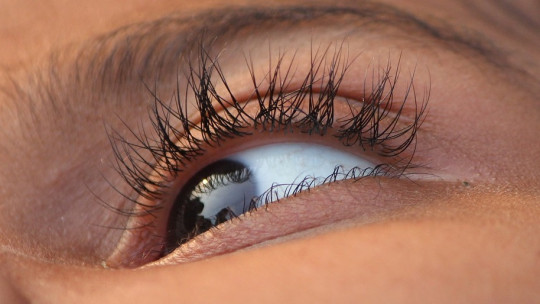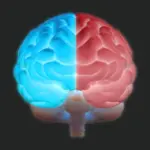
In a general and summarized way, it can be said that EMDR is the name of a model of psychological therapy focused on trauma that uses, among other things, bilateral stimulation (through eye movements) to change the sensitivity associated with events. or traumatic situations and reprocess the emotional experience they left us with the main objective of healing the suffering.
The characteristics of the EMDR intervention
EMDR is the acronym for ‘Eyes Movement Desensitization and Reprocessing’, which in Spanish translates as ‘Desensitization and Reprocessing through eye movements’.
I have heard many people say: “this healing ‘just’ by moving your eyes is magic.” And I wonder… What is magic? Following the definition given by the Royal Spanish Academy of Language, magic can be defined as an occult art or science that, using natural means (certain acts or words), produces effects that appear supernatural.
Although at the beginning of my personal experience with EMDR I also experienced it as magical, today I can say that nothing is further from the truth. Proof of this is in the strong empirical support achieved through research carried out internationally in these more than 30 years and the numerous scientific studies published on the positive effects of treatment on different mental, psychoemotional, and somatic health problems.
When I started to research a little more about trauma and how EMDR can help, one of the things that gave me the most clarity was one of the ideas written and developed by Dr. Francine Shapiro (2019), explaining that trauma or other adverse life experience can alter a person’s information processing system that experiences it, which causes its perceptions to be stored in a manner dependent on the altered state that it caused and manifest through pronounced symptoms of different disorders, including Post-Traumatic Stress Disorder.
Understanding trauma
EMDR Therapy can help all people: children, adolescents and adults to heal different types of ‘trauma’ or psychological and emotional wounds that once occurred were not processed and they continue to generate suffering in the person who experienced them.
Trauma is usually called – with a capital T – unexpected life events not controlled by the person that have a great impact on their way of feeling, thinking and acting; Examples of this may be experiences of war, traffic accidents or natural disasters, rape or other sexual abuse.
In addition, EMDR also talks about and works with the so-called trauma – with a small ‘t’, which refers to different adverse experiences in a person’s life that have a significant emotional impact (they are usually relational issues). They are experienced intensely and also leave a brain ‘imprint’ of emotions, thoughts and sensations that are activated in present situations that somehow ‘awaken’ them.
In my experience with EMDR I am working with people with different difficulties or blocks. It offers an invaluable therapeutic approach to work on, reprocess and relieve numerous symptoms of emotional stress that can lead us – for example – to anxiety attacks, different types of depression, or intense feelings of anguish associated with different life moments. Likewise, EMDR is powerful in processing personal issues, from a lack of self-esteem or self-approval to childhood abuse, traumatic immigration or significant emotional losses such as an unfair dismissal, a divorce or the death of a loved one, just to give a few examples.
Currently, EMDR Therapy has stopped being used in isolation as a simple therapy ‘technique’ (as this article began) and has become a comprehensive psychotherapeutic approach, complete, solid and supported by the clinical and scientific community. Hence the importance of going to therapists endorsed in Spain by the EMDR Association, an organization that follows a rigorous qualification and certification process to guarantee the safety of people who decide on this therapy to overcome traumatic or emotionally stressful events in their lives. , thus achieving greater general vital well-being.
Take a step for yourself; end your suffering, it is possible; The key is also within you. EMDR can help you by stimulating your brain: it is your mind that best knows the way to heal and it will teach us.








